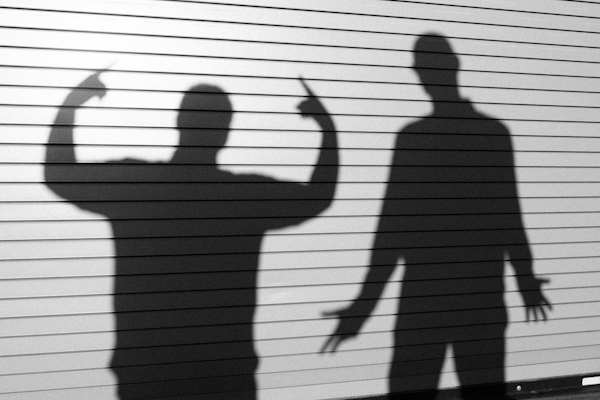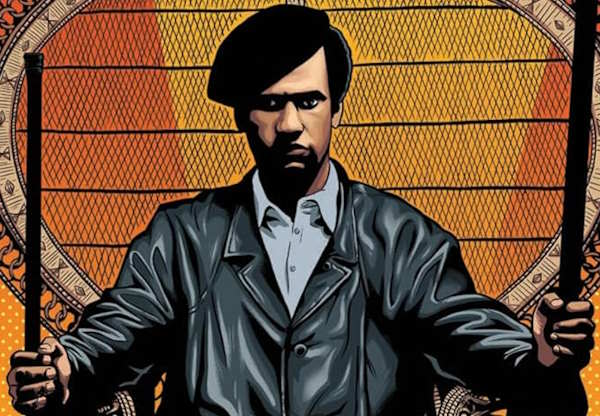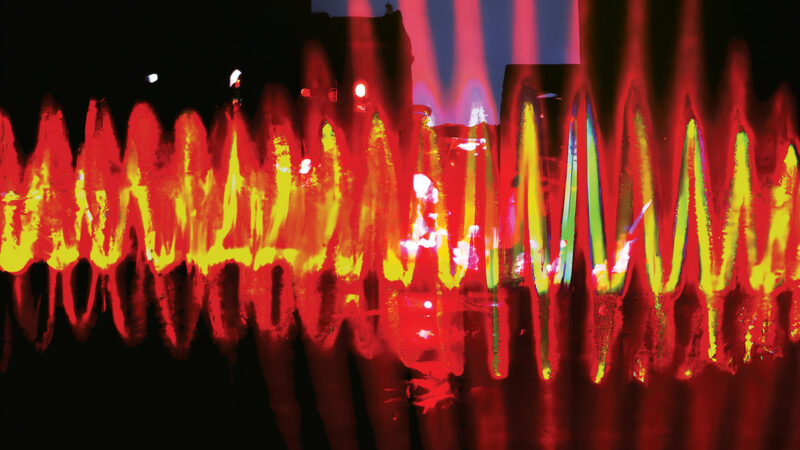Oddisee was once the DMV’s best kept secret. But an almost inhuman work ethic combined with once-in-a-generation talent have yielded a catalog of gems that have all but thrust him into the limelight. As it stands, if you haven’t heard of this DC young’n, we got rocks for rent to live under.
The uber-talented rhyme slinger/beatsmith’s new release, People Hear What They See, is a clarion call for everyone who appreciates music. Wale may have gotten DC a little shine, but Oddisee is the flag-bearer for DC Hip-Hop. From the very beginning Oddisee has gotten progressively better in all aspects of the art with each successive release, and this new jawn is the culmination of the refinement of his craftsmanship as a producer and more importantly, an emcee.
It used to be that the term producer/rapper would elicit smirks and derision. In 2012 on the heels of serious work put in by the likes of Oh No and El-P the idea of producers being wack with the rhymes is quickly becoming a misnomer. With this record, you can crown Oddisee Best Producer on the Mic. He can ride a beat with the best of ‘em with a mellifluous flow and a propensity to excel at the technical shit without making it look like he’s trying too hard.
You could pick any track on this album but “Anothers Grind” features Oddisee going the hardest. The track exhibits Oddisee in a more comfortable, confident space than in the past and as always, he reps the everyman. UK emcee and longtime collaborator Tranqill drops some science via cockney slanguistics over soulful vocal samples, hand claps, piano, strings, and organic kick drums but Oddisee’s true-to-life reflections shine bright.
“I’ma dude about his paper always kinda been/if I was doin’ anything see I was tryna win/and if it was no competition listen I would make myself the opposition fix it with the ground within/this is my nature, nurture is the way of haters/learn to like me I’m connected to the kind of men that could make ya, break ya/ ties to the underworld, lies with a cover girl, lies to the other girl/ home sending texts like ‘what time you in?’/reply later, the studio be my groupie ho/in her all night tryna get my song right/hopin’ that my verse was tight like my first was/first the bust then the jock/first the buzz then the top/happen any other way and you gon smack the surface/I’m prepared for the wave of crime but unaware of other ways to grind… ya’ll know my steez ya’ll know my style I keep it gritty/ya’ll know my music ya’ll know how I rep my city/no time to stick the time is now I get it quickly/I don’t care about another man’s grind…”
The influence of DC’s indigenous music, Go-Go, is felt all over People Hear What They See. In addition, Oddisee taps into the historical musical heritage of the Capitol’s black population, incorporating chord progressions founded in gospel church tradition. The outcome of this amalgamation of black music is a profoundly soulful venture and while Oddisee’s mic skills are at his peak thus far, the musicianship on the album is just as awe inspiring. Unlike a lot of cats making “real Hip-Hop,” Oddisee is not overly reliant on beat breaks; live instrumentation is the driving force of his sound. There’s not much, if any, sampling here.
“Do It All” manages to pack snares that sound like punches from a Kung Fu Flick, trumpets, organs, and a neck-snapping dynamic between a tuba and a bass drum that in totality reflect the talent of a bona fide composer of music. “Way In Way Out” is one of many cuts in which Oddisee proffers his innermost thoughts and observations on life. The song was inspired by his experience growing up as the progeny of a woman from southeast DC and man from Sudan. It’s a commentary on the haves and have-nots, what the difference is between the struggling he witnessed in the hoods of the DMV and the true poverty of a third-world country. Horns, tinkling keys, and exasperated vocals reminiscent of a chorus of Marvin Gayes float on top of a foot stomper plodding bassline comparable to the ‘fee fi fo fum’ wake of the footsteps of the giant that is American capitalism provide the backdrop for his matter-of-fact soliloquy.
Quiet as kept, while Duke Ellington is oft times more associated with Harlem and the Savoy, DC was his real stomping grounds. Maybe when it’s all said and done, future generations will gaze upon a DC landmark named after Oddisee for his contributions to the original Chocolate City and music as a whole. People Hear What They See is the beginning of this unlikelihood becoming a reality.



 4.5 Out of 5
4.5 Out of 5
Follow Us on Twitter @ http://twitter.com/planetill
Become a citizen of Planet Ill. Join our Forums
Join Us on the Planet Ill Facebook Group for more discussion
Follow us on Networked Blogs






